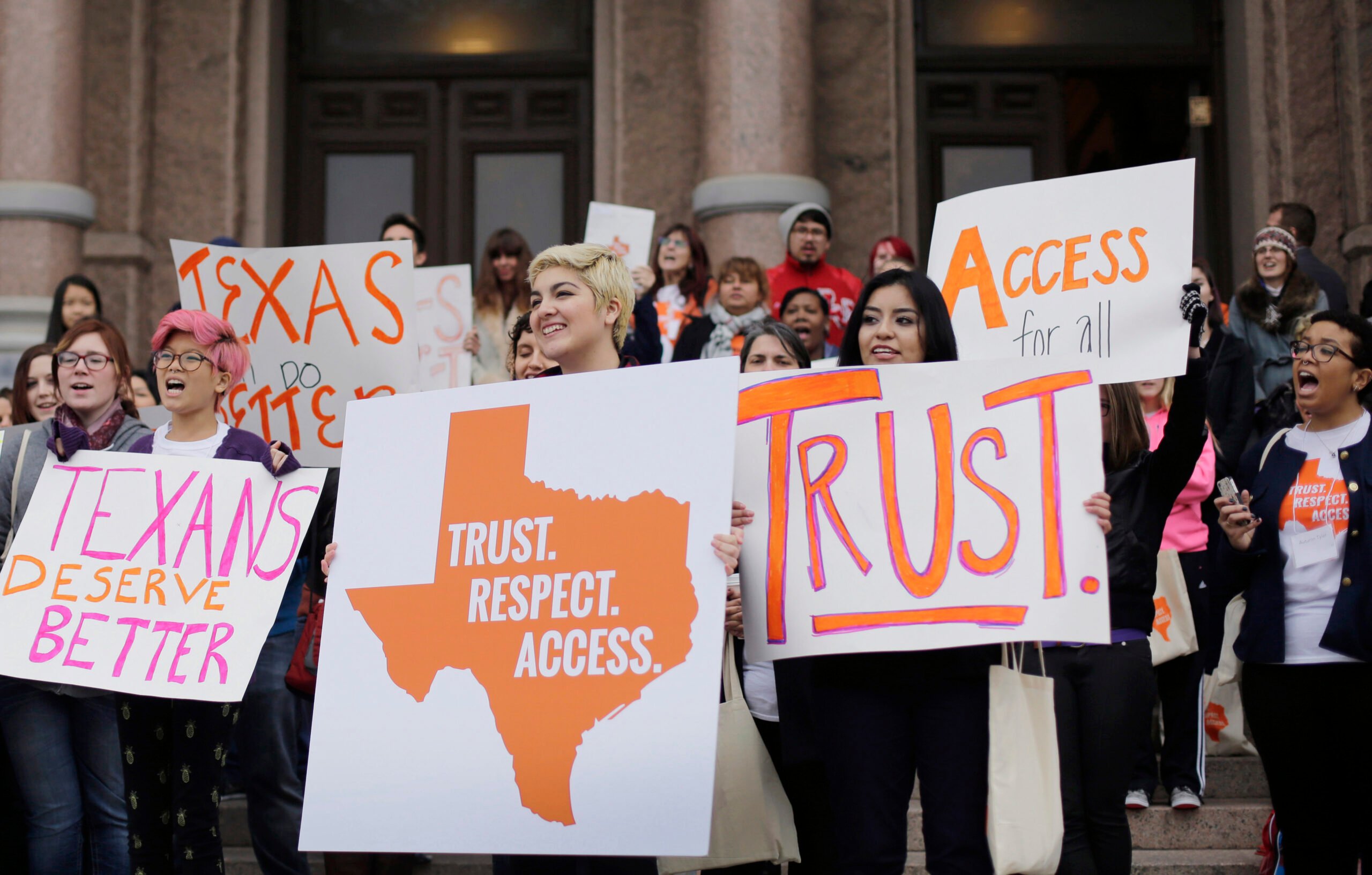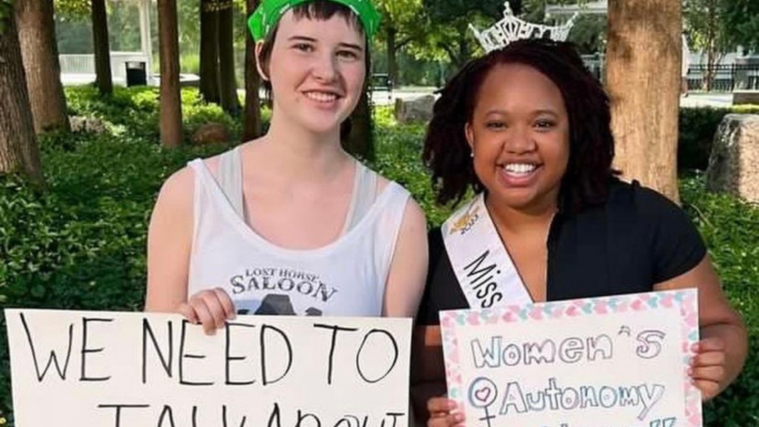
Tyrant’s Foe: Caring For Pregnant Women of Color
A version of this story ran in the December 2013 issue.
Above: Paula Rojas and the Vibrant Woman/Mama Sana project provide medical and emotional support to pregnant, low-income women of color.
At a late-summer event in Austin to discuss the loss of abortion rights under Texas’ new anti-abortion law,
panelist Paula Rojas surprised a few folks. “The single issue of abortion rights doesn’t resonate with us,” she said, speaking for the working-class women of color who compose Austin’s Mamas of Color Rising Collective.
The frame is just too narrow, Rojas explained, observing that working-class women of color have fewer choices
than white women along the entire reproductive journey, not just when it comes to abortion.
From whether to have a baby or not, where to deliver the baby and how, whether the baby will have the
food and education and shelter he or she needs, and whether society will treat him or her with respect—
minority families face uncertainty at every turn.
“Abortion is not our primary issue and never will be,” Rojas said to an audience member who asked how to
make the abortion-rights movement more multiracial. “While we respect your work, abortion rights are your
issue because you already have everything else.”
Rojas is a community organizer, birth doula and midwife-in-training. She is also a co-founder of Mamas of
Color Rising, a collective launched in 2008 to advocate for working-class women of color. While surveying their members about social problems like food-stamp access, the collective discovered a pressing agenda: reproductive health care. “Women talked about the way they’re treated when they’re pregnant and birthing,” Rojas said. “We learned about women who had had premature births, who had lost babies, and who didn’t have a lot of support from the medical establishment.”
So Rojas and her fellow members began looking at the data. They discovered that women of color have
disproportionately worse maternal health outcomes. They’re much more likely to have a preterm birth or
a low-birth-weight baby. The infant mortality rate of African-American infants is more than double that
of white infants. For every indicator of maternal and infant health in Texas, from the onset of prenatal care
to access to postpartum check-ups, African-American and Hispanic women generally fare worse.
Moreover, in surveying women, the collective discovered that Medicaid access is a bureaucratic
obstacle often hard to overcome. The application forms, for example, require either a due date or
documented proof of pregnancy, but for a woman without a health provider, these aren’t easy to obtain. Some Medicaid prenatal clinics require patients to arrive en masse at 7 a.m. Women on Medicaid often take half a day off work just to have a 10-minute prenatal appointment.
“So we started to think about what a supportive, respectful pregnancy for a woman of color might look
like,” said Rojas, who emphasizes that she works collectively with her fellow members. “We envisioned
what it would be like to become pregnant in a more just and loving world where we all have autonomy
and are treated with dignity.” From this vision arose the Vibrant Woman/Mama Sana project.
In the Vibrant Woman/Mama Sana model of care, all maternity support services are free. Women who
call the group’s hotline and enter the project receive pregnancy tests and referrals to an abortion provider
if they don’t want to have a child. Those who do wish to continue with the pregnancy are assigned to
either a midwife or doctor within one week. (It takes more than three weeks to be approved for Medicaid.)
Volunteer physicians and midwives provide prenatal care. Those who opt for home deliveries are supported
by midwives at no cost. Others who give birth in a hospital are helped to enroll in Medicaid.
To date, 14 women have delivered their babies under the Vibrant Woman/Mama Sana model of care. Another 30 have participated in support groups that offer practical and emotional support. Vibrant Woman/Mama Sana leaders will launch a more comprehensive model—including birth companions, exercise classes and nutritional advice—as soon as they can secure permanent clinic space. It’s too soon to evaluate the model for improved maternal health outcomes, but project volunteers expect that the experiences of low-income women of color can only
improve when they receive holistic medical, emotional and practical support.


